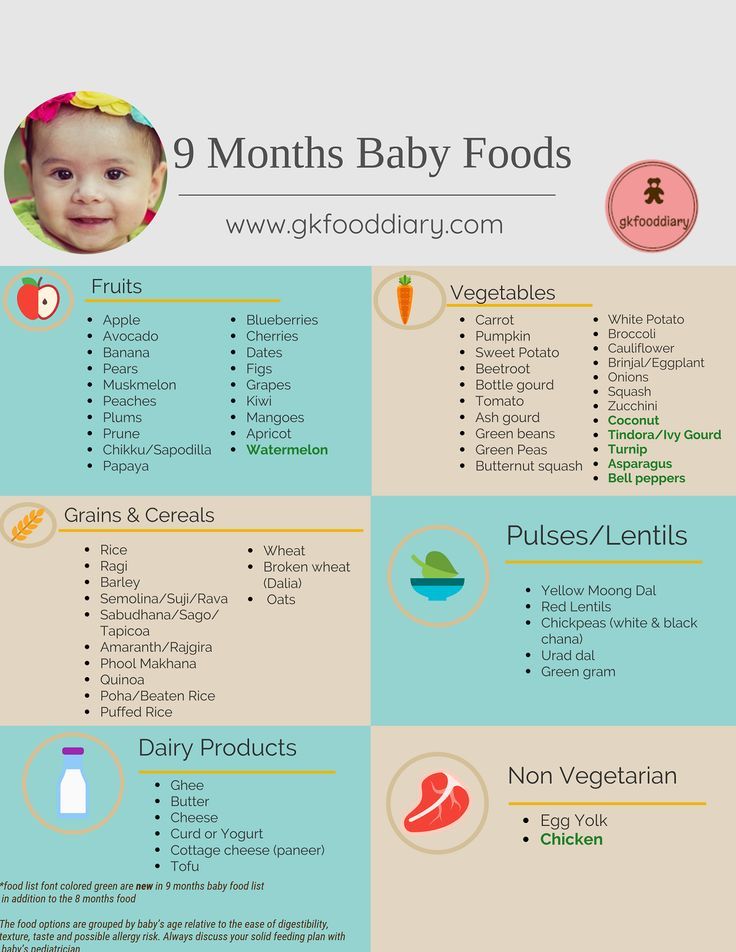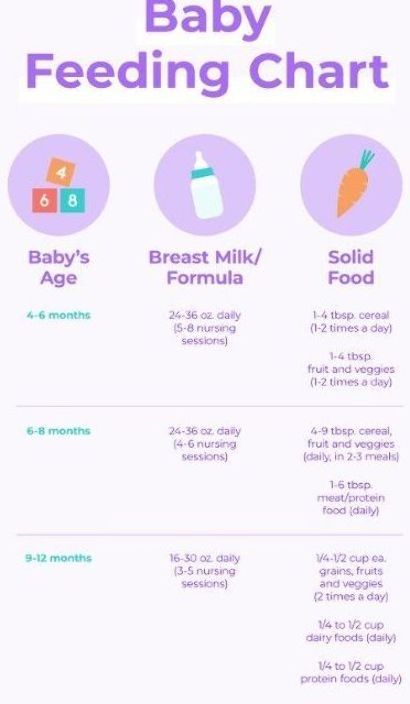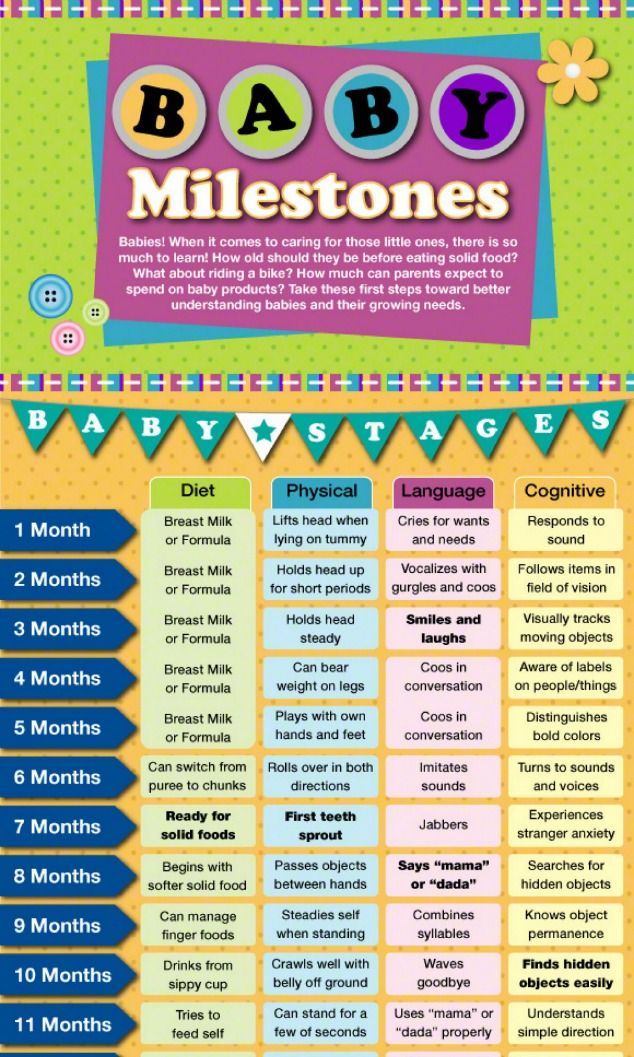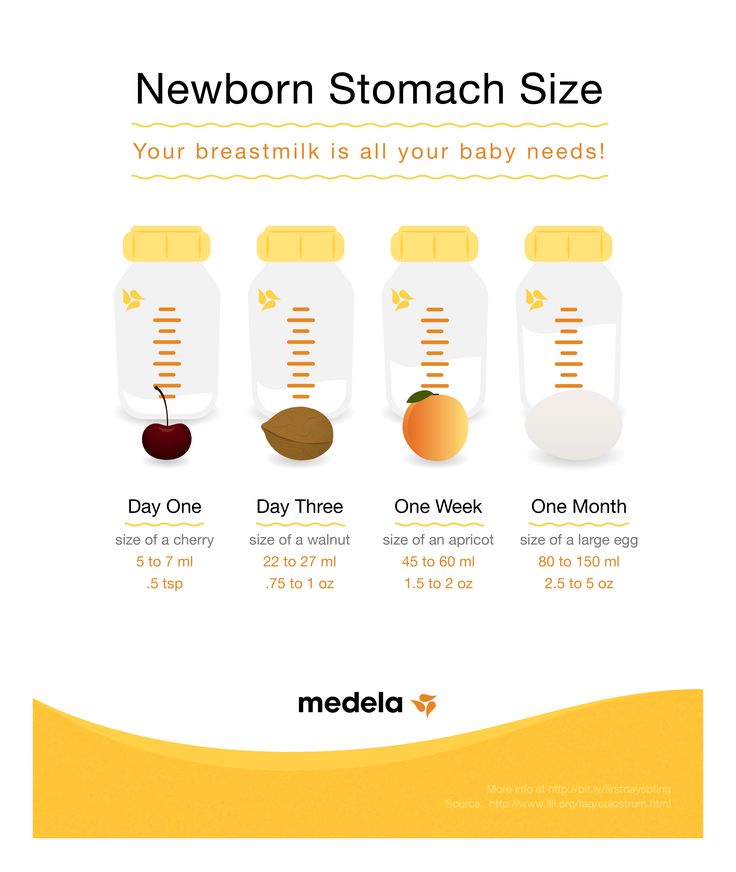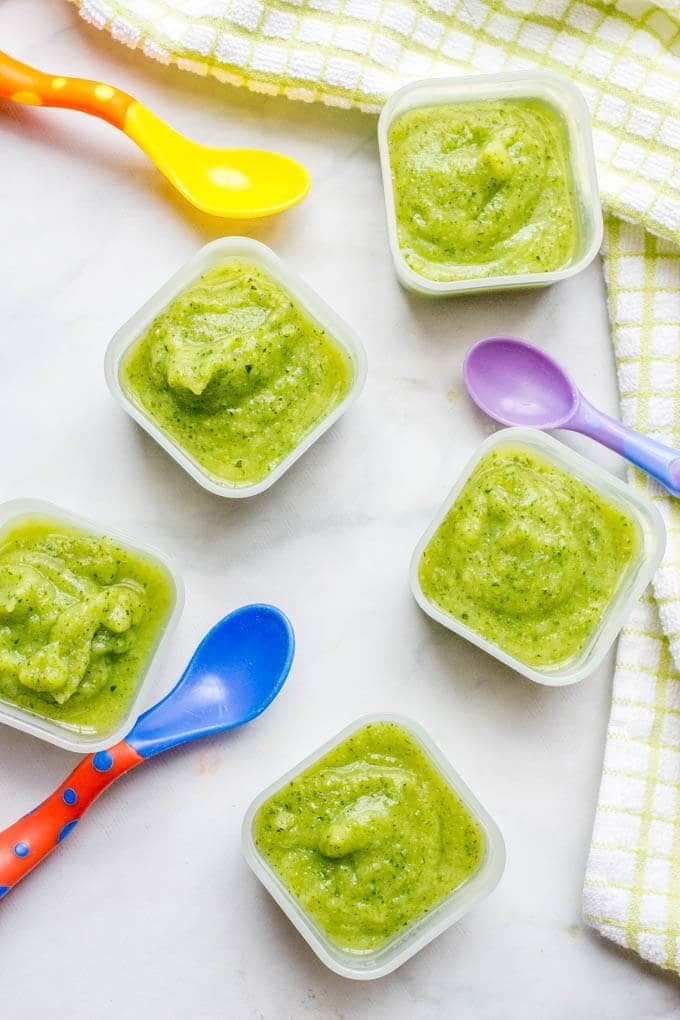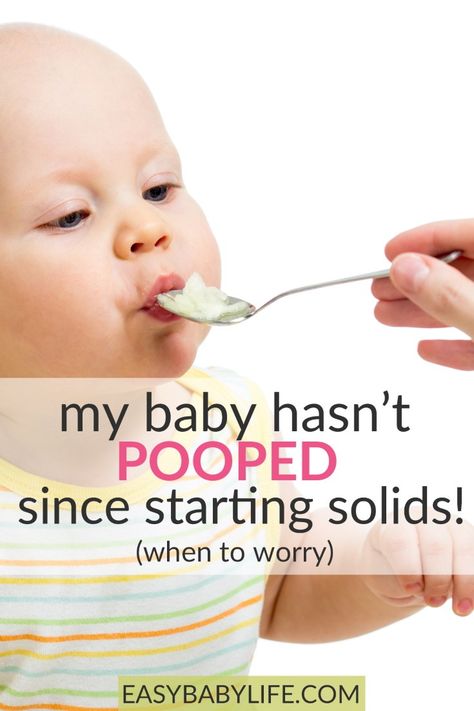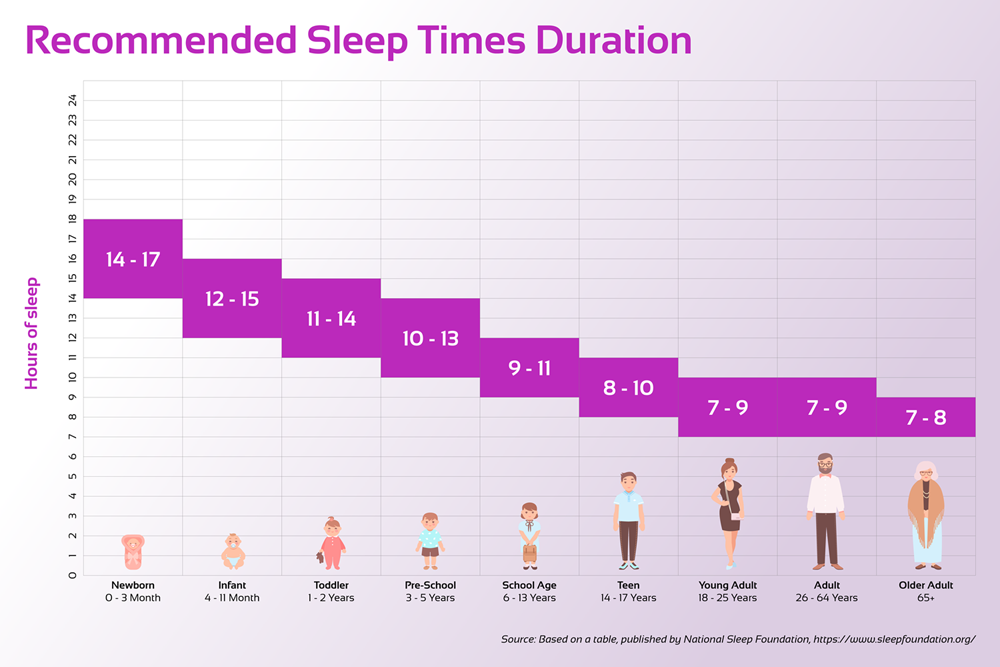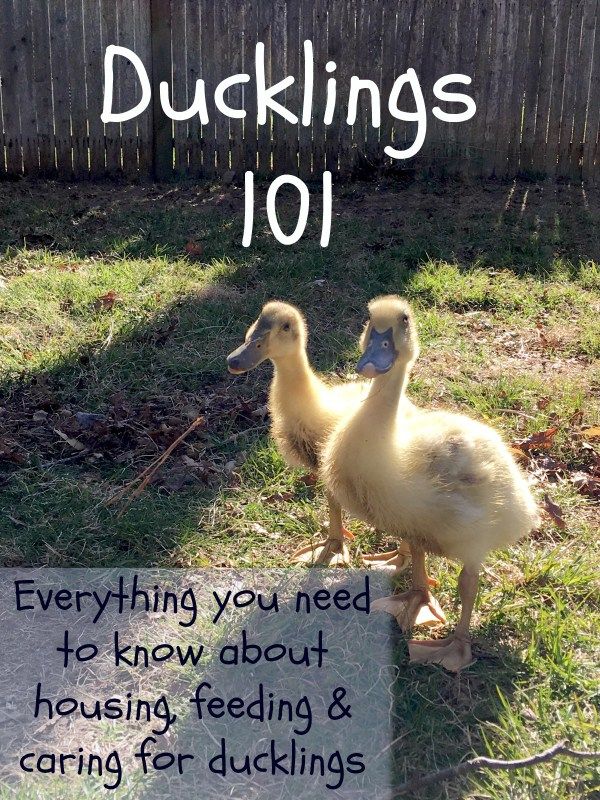Egg yolk first food for baby
Egg Yolks For Babies — Oh Baby
Written By Carley Mendes
While I believe in eating whole foods, I prefer to feed younger babies egg yolks only. Their stomachs are small, so whatever food they eat should be as nutrient dense as possible. Egg white omelets were the rage for a while, but the truth is: nutritionally speaking, egg yolks trump whites. The whites have mostly protein, sodium and potassium, but the yolk is where the most beneficial nutrients are found. They are stocked with B vitamins, healthy fats, choline, and the harder to obtain fat-soluble vitamins A & D. Also, allergies and sensitivities to the proteins found in egg white are much more common.
Dear cholesterol, I know it’s not your fault. You were only trying to help.
The cholesterol in eggs and other foods has been heavily demonized, but the role that cholesterol plays in our health has been gravely misunderstood.
Most modern diseases are brought about by chronic inflammation. Not the kind that occurs after an injury, but the kind that is happening at a cellular level. The suspected culprits of this inflammation are smoking, processed food, pollution, and stress. One of the biggest dietary contributors is our imbalance of omega-6 fats (inflammatory) to omega-3 fats (anti-inflammatory) due to industrial seed oils like vegetable and canola.
This inflammation causes damage to our arteries and our bodies try to heal and repair by using cholesterol to patch the damage. The more damage that continues to occur, the more cholesterol our bodies use to line the inside of our arteries with, causing atherosclerosis. Unfortunately, cholesterol is found at the scene of the crime “clogging” the arteries, when it was actually used by our bodies as a defense mechanism against damage. We are then prescribed low cholesterol diets, which is clearly a misdirected prescription.
Babies need cholesterol
Mother Nature provides babies with the perfect food: breast milk, with all of the essential nutrients infants need to thrive.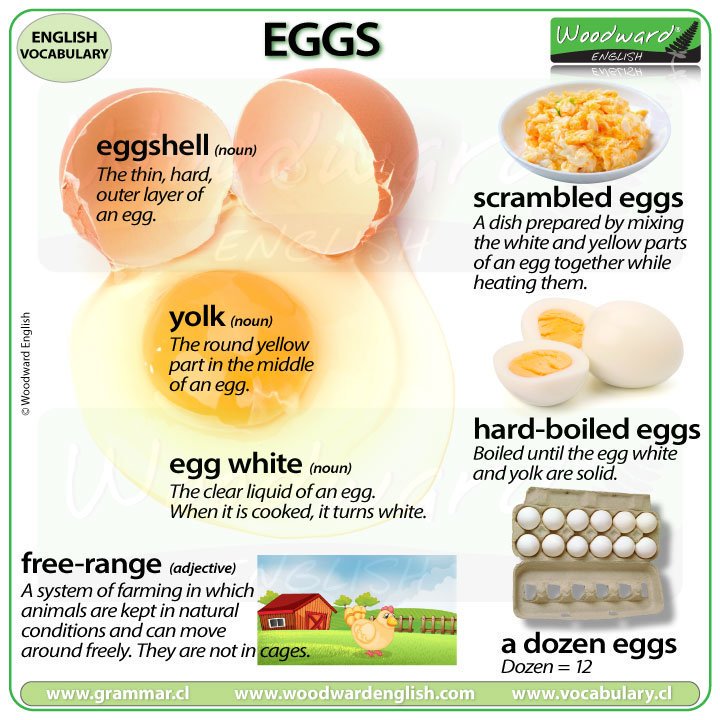 Breast milk a rich source of cholesterol, providing close to six times the amount most adults consume from food. It is a very important component of breast milk and crucial for the health and development babies.
Breast milk a rich source of cholesterol, providing close to six times the amount most adults consume from food. It is a very important component of breast milk and crucial for the health and development babies.
Cholesterol is:
essential for optimal brain development and function,
an important component to all cells of the body,
needed to strengthen the intestinal wall in preparation for digestion of solid foods,
vital to hormone production,
necessary for vitamin D conversion.
At present time, infant formulas do not contain cholesterol, so it’s important for formula feed babies to receive cholesterol rich foods when solids are introduced.
Vitamin D, the sun, & cholesterol
You may know that we obtain vitamin D from the sun, but did you know that the cholesterol on our skin is what makes this process possible? Again Mother Nature provides us foods with the perfect symbiotic relationship.
Foods containing cholesterol > also contain vit D3 > and contain fat (needed to absorb the vitamin D).
That’s why getting vitamin D from foods and the sun is more effective than from supplementation. This is another complication of eating a low cholesterol diet, because they also typically equate to a diet deficient in vitamin D.
Egg yolks as finger food
Egg yolks make a wonderful first food for babies. They contain an easily absorbable iron (heme iron) that babies start to require more of around the time solids are introduced. If the eggs are pasture raised they also contain the powerful fat needed for babies brains, DHA.
Egg yolk was the first food I offered my son, but it was from a boiled egg which crumbled and was hard for him to pick up. The following method of preparing egg yolks is much easier for babies to handle, especially younger babies who haven’t fully developed their pincer grasp yet.
Using a spatula, try guiding the yolks into somewhat of a rectangle shape as they cook.
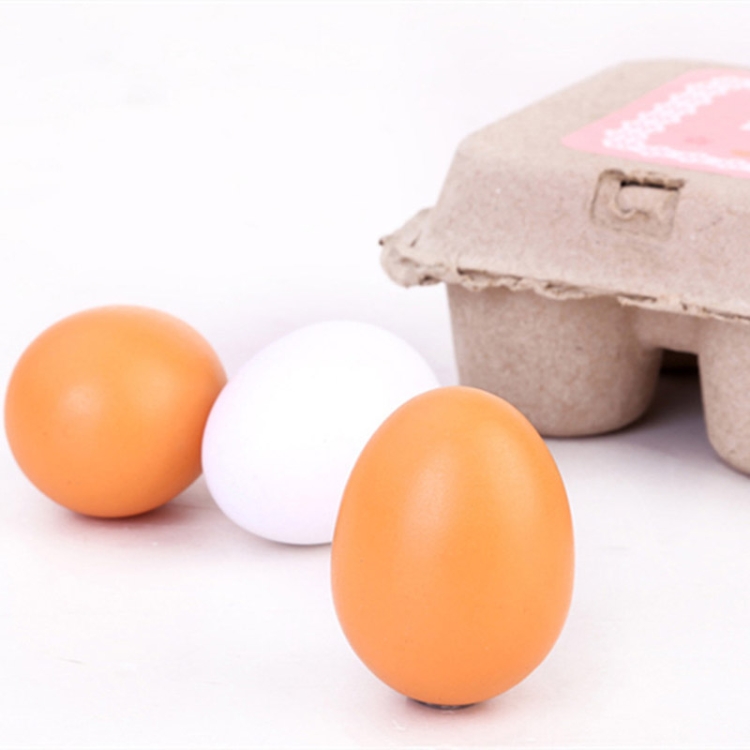
Let the yolks cool and cut lengthwise into strips for an easy, nourishing finger food.
Babies & ToddlersRecipes
Carley Mendes
Egg Yolk, The Perfect First Food for Baby
Spread the love
When I had my first born, like many new mothers, I was overwhelmed and though I purposefully thought twice about many things, what to feed my son as his first food was not one of them. I was duped into the train of thought that a grain cereal, like rice or oat was the way to go.
By the time my daughter was born I had done my research and when she was ready to start eating solids at nine months, we started with some homemade vegetable purees. Though not a bad first choice, I now know that there is something better, which leads me to my third child, who started on his journey with food this morning. Enter the egg yolk.
Before getting into the whys, let me start by explaining some things.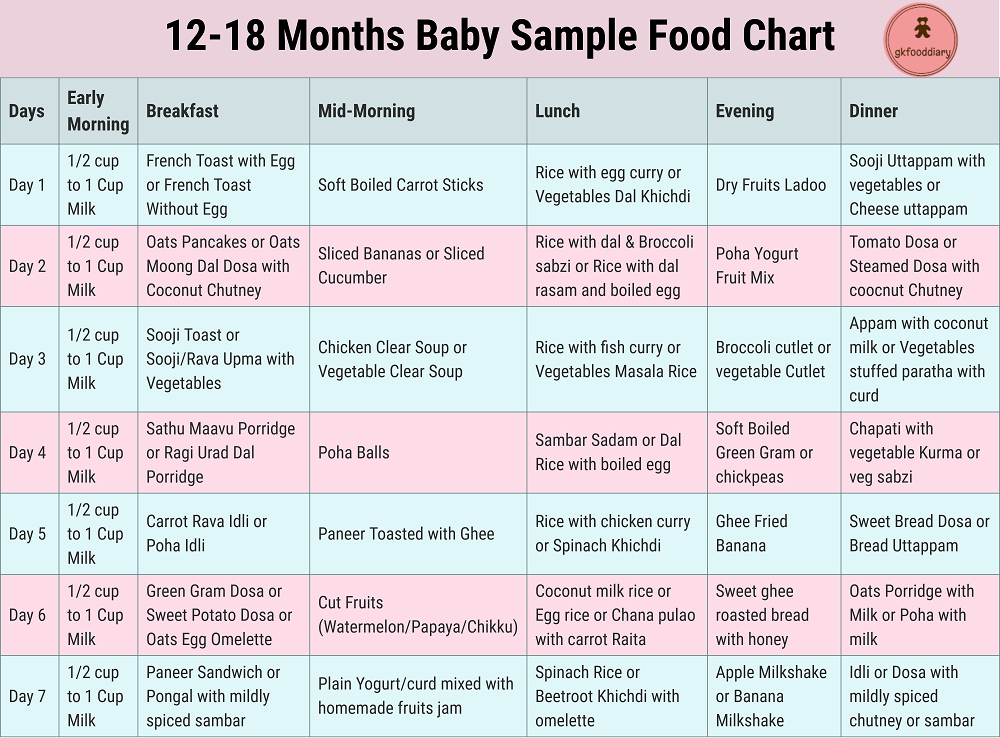 First, breast milk by far contains more nutrients and brain building substances than any solid food, so I don’t recommend starting solids until a baby is fully ready. I also believe that breast milk should be the main source of ‘food’ for a child’s first year of life and that the longer a child is nursed, the better off he or she is as far as receiving the benefits from the wonders of human milk. Second, we all do the best we can with the information that we have, so though I wish I had never given my firstborn
First, breast milk by far contains more nutrients and brain building substances than any solid food, so I don’t recommend starting solids until a baby is fully ready. I also believe that breast milk should be the main source of ‘food’ for a child’s first year of life and that the longer a child is nursed, the better off he or she is as far as receiving the benefits from the wonders of human milk. Second, we all do the best we can with the information that we have, so though I wish I had never given my firstborn junk in a box, rice cereal, I do not beat myself up about the choice that I made.
WHY NOT RICE CEREAL?
Any form of grain-based infant cereal should be avoided. “When flour is refined to make cereal, the most nutritious part of the grain is removed, so the flour essentially becomes a form of sugar”(Mercola).
According to Dr. Mercola, the Weston A Price Foundation, and many leading experts in the alternative health fields, “Feeding infants cereal has been associated with an increased risk of type 1 diabetes and may prime your baby’s appetite for a lifetime of processed carbs in the form of white bread, cookies and cakes.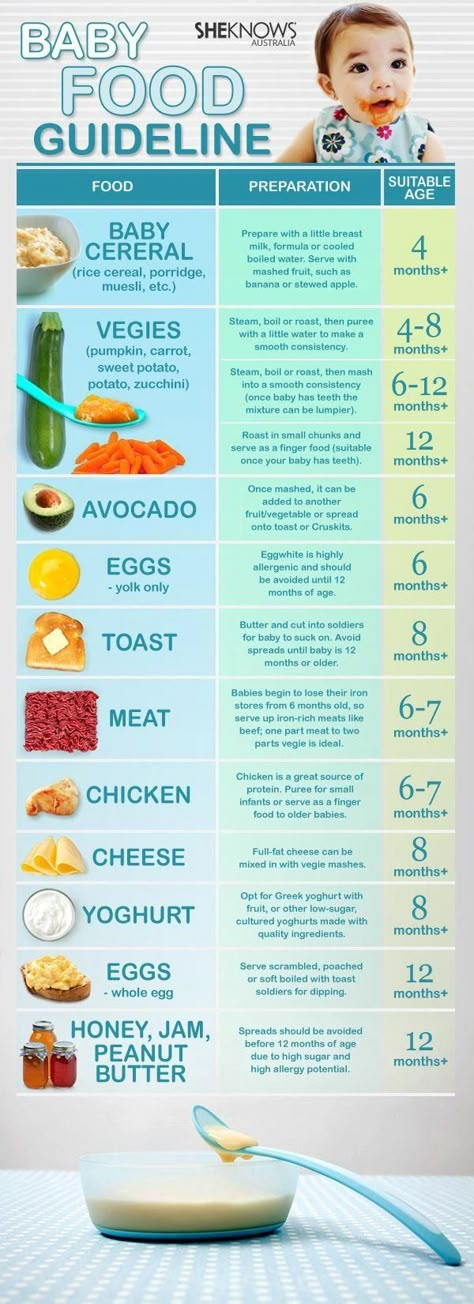 A diet based on these types of refined carbs is responsible for many bulging stomachs and fat rolls in thighs and chins, and even worse, high insulin levels that lead to diabetes and suppress two other important hormones — glucagons and growth hormones — that are responsible for burning fat and sugar and promoting muscle development, respectively. Insulin from excess carbohydrates promotes fat, and then wards off your body’s ability to lose that fat. Excess weight and obesity not only lead to heart disease but also a wide variety of other diseases later in life”(Mercola).
A diet based on these types of refined carbs is responsible for many bulging stomachs and fat rolls in thighs and chins, and even worse, high insulin levels that lead to diabetes and suppress two other important hormones — glucagons and growth hormones — that are responsible for burning fat and sugar and promoting muscle development, respectively. Insulin from excess carbohydrates promotes fat, and then wards off your body’s ability to lose that fat. Excess weight and obesity not only lead to heart disease but also a wide variety of other diseases later in life”(Mercola).
In addition, a baby’s digestive system is immature and does not produce a sufficient amount of the enzyme required to break down the carbohydrates of the grains (Nourishing Traditions).
WHY EGG YOLK?
Egg yolks supply essential nutrients important for the development of the brain, as they are rich in choline, good cholesterol and iron.
“Egg yolk supplies cholesterol needed for mental development as well as important sulphur-containing amino acids. Egg yolks from pasture-fed hens or hens raised on flax meal, fish meal or insects are also rich in the omega-3 long-chain fatty acids found in mother’s milk but which may be lacking in cow’s milk. These fatty acids are essential for the development of the brain. Parents who institute the practice of feeding egg yolk to baby will be rewarded with children who speak and take directions at an early age. The white, which contains difficult-to-digest proteins, should not be given before the age of one year. Small amounts of grated, raw organic liver may be added occasionally to the egg yolk after six months. This imitates the practice of African mothers who chew liver before giving it to their infants as their first food. Liver is rich in iron, the one mineral that tends to be low in mother’s milk possibly because iron competes with zinc for absorption” (Sally Fallon and Mary Enig, PhD).
Egg yolks from pasture-fed hens or hens raised on flax meal, fish meal or insects are also rich in the omega-3 long-chain fatty acids found in mother’s milk but which may be lacking in cow’s milk. These fatty acids are essential for the development of the brain. Parents who institute the practice of feeding egg yolk to baby will be rewarded with children who speak and take directions at an early age. The white, which contains difficult-to-digest proteins, should not be given before the age of one year. Small amounts of grated, raw organic liver may be added occasionally to the egg yolk after six months. This imitates the practice of African mothers who chew liver before giving it to their infants as their first food. Liver is rich in iron, the one mineral that tends to be low in mother’s milk possibly because iron competes with zinc for absorption” (Sally Fallon and Mary Enig, PhD).
HOW TO PREPARE THE EGG
What you need:
1 Farm fresh, free range, organic egg.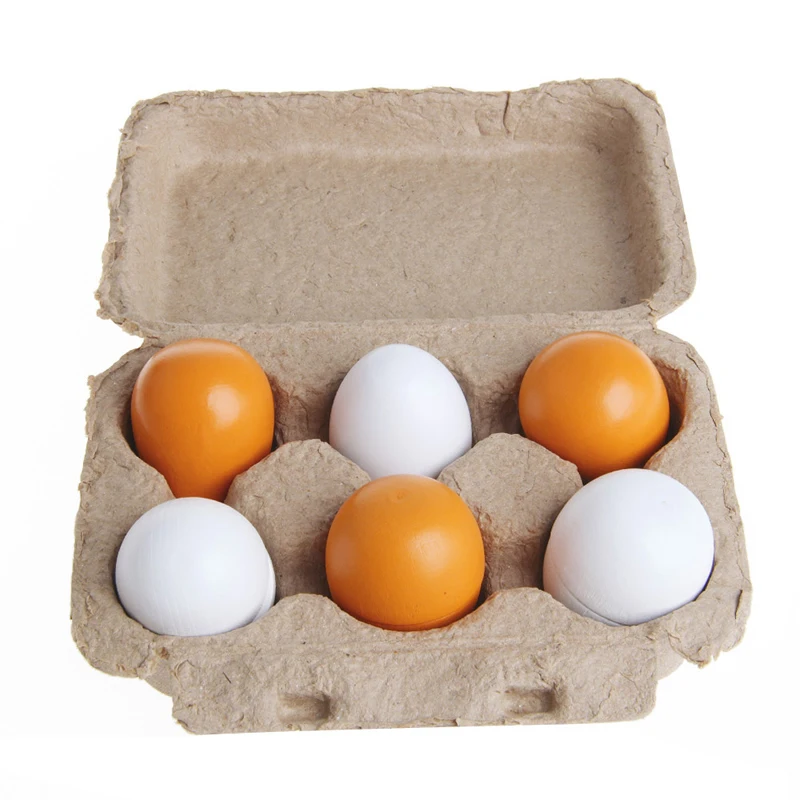 It is super important to make sure that the eggs you use come from healthy chickens on a grass fed diet. See more about this here: Drugs pumped into supermarket chickens.
It is super important to make sure that the eggs you use come from healthy chickens on a grass fed diet. See more about this here: Drugs pumped into supermarket chickens.
1 pot of boiling water
optional – 1/2 teaspoon grated, frozen liver (frozen for at least 14 days)
How to cook a soft boiled egg:
Bring the water to a boil, place the egg in the water and set a timer for 4 1/2 minutes (time will vary depending on altitude). When the 4 1/2 minutes are up, take out the egg and run it under cold water so as not to burn your hands when peeling. Peel the egg and separate the egg white from the yolk, which will still be runny. Make sure that there is no white on the yolk. Grate the liver on top if so desired (as recommended by the Weston A. Price Foundation).
Feeding Baby:
The egg yolk is very rich, so do not give the whole yolk to the baby during his/her first time trying it. Start with one baby spoonful and increase by one spoonful each day until the baby works up to eating the whole yolk.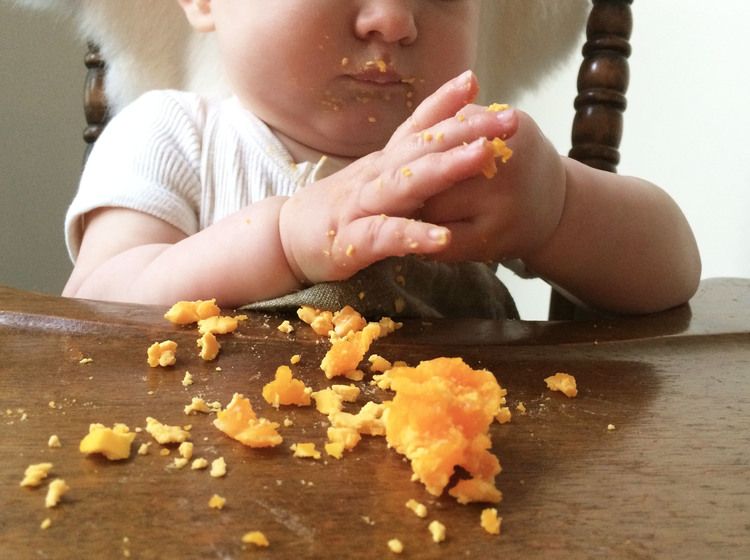
Yes, he likes it!
RECOMMENDED READING*: Nourishing Traditions and The Nourishing Traditions Book of Baby and Childcare
Works Cited
Sally Fallon and Mary Enig, PhD. Nourishing Traditions. Washington D.C. New Trends Publishing. 1999.
Mercola. Get White Rice Out of Baby’s First Foods. December 2010. Web.
Sally Fallon and Mary Enig, PhD. Feeding Babies. December 2001. Web.
If You’d Like to Learn More About Simple Steps and Remedies for Natural Family Living, Click HERE to Subscribe to Receive Helpful Tips and Information Regarding Raising Your Children Naturally.
*Author’s Note: I often share products that I love and use with my own family. When applicable, I link it to my affiliate status with Amazon as a way to make a few dollars to help keep this website running. Thank you for purchasing through my links!
How and when to introduce egg yolk in the baby's menu
Feeding a baby is a responsible task.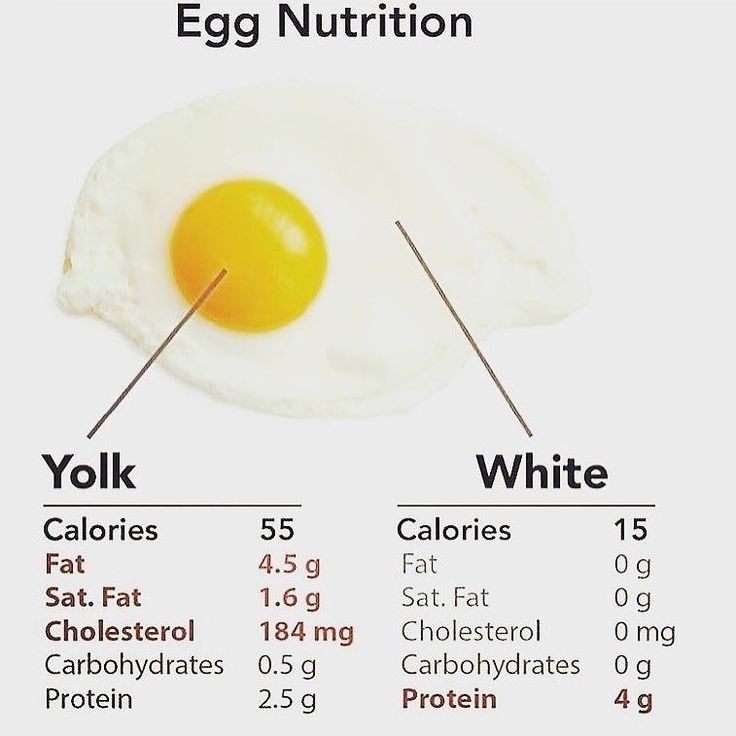 When offering a child new products, the main thing is to follow important rules. Not all parents know how to introduce an egg into complementary foods. Quite logical questions arise: how many grams of the substance are needed, the consequences of taking an unknown food, the appropriate age for complementary foods? When can you give yolk to a baby? How and when to introduce complementary foods?
When offering a child new products, the main thing is to follow important rules. Not all parents know how to introduce an egg into complementary foods. Quite logical questions arise: how many grams of the substance are needed, the consequences of taking an unknown food, the appropriate age for complementary foods? When can you give yolk to a baby? How and when to introduce complementary foods?
It is obligatory for a little tender man to consume eggs rich in useful substances. It is recommended to give the child the yolk, the egg white test is postponed to a later date. It can be a serious allergen for a fragile organism. This does not mean that the yolk is harmless to the baby, the reaction is possible to a lesser extent. It is necessary to carefully monitor the well-being of the infant.
The body cannot cope with the growing needs without the introduction of additional nutritional sources. Egg yolk is a good choice. Thanks to vitamins, minerals, essential amino acids of the optimal ratio, it prevents the development of serious pathologies.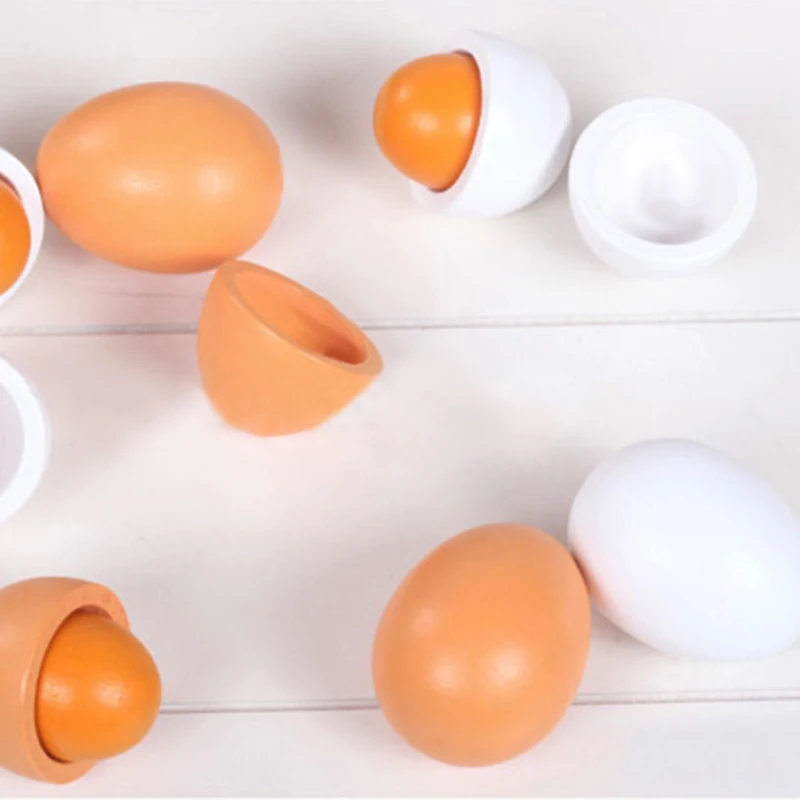
Benefits of baby yolk
This little sun, egg yolk for baby, has absorbed many useful substances. Main components:
- vitamin D is important for calcium absorption, prevention of rickets;
- iron - a mineral involved in hematopoiesis;
- Choline will help the fragile nervous system to get stronger, memory and metabolism of the baby to improve;
- Lecithin performs the function of transporting useful substances, enhances brain function, is a structural material of the liver;
- Niacin is able to convert fat into energy, needed by the heart;
- Vitamin A, antioxidant (slows down the aging of body cells), controls immunity, participates in the formation of bone tissue, hair;
- A large group of B vitamins. They control metabolic processes, help release vital energy, protect mucous membranes, skin, eyes from harmful effects;
- Vitamin E, the best healer of tissue damage (wounds, scratches, burns), normalizes blood circulation, helps organs keep youth;
- Vitamin K normalizes blood clotting;
- Cholesterol, high content does not harm the young body, on the contrary, it helps to establish further production of sex hormones, strengthens the baby's immune system.
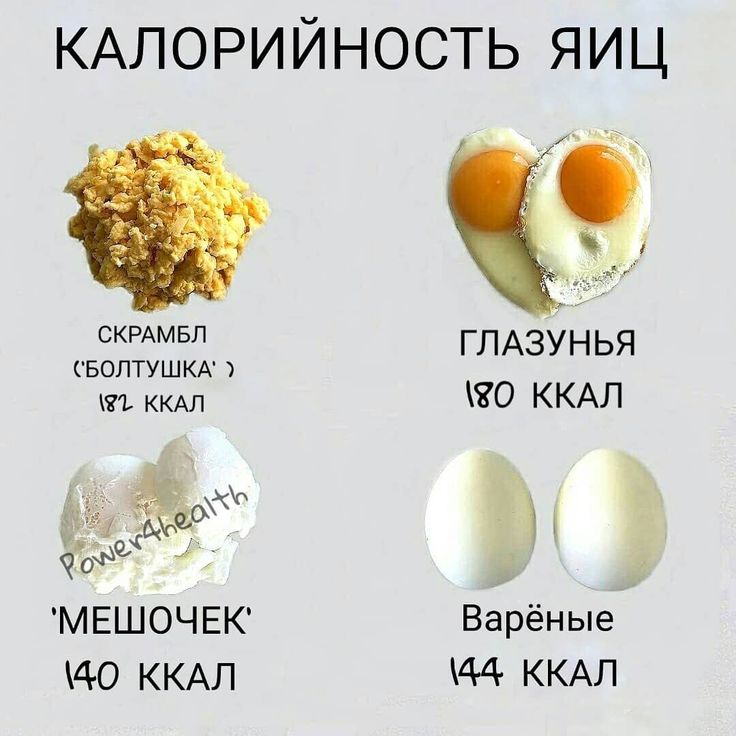
A small egg is better than a big one: why
Young hens present their owners with useful small “gifts”, which are valuable complementary foods for the baby. Their shells have more calcium than large specimens. Accordingly, a strong shell does not allow microcracks to appear on the surface, allowing pathogens to pass through. Before cooking, any option should be thoroughly washed with warm soapy water.
Also, egg white leaking into cracks coagulates, preventing the middle of the boil from being hard-boiled, which is dangerous for the health of an infant. Increased cooking time destroys nutrients.
When can I give yolk to a baby? Early age still suggests feeding with milk. The baby's digestive system is not ready to accept heavy protein foods. The possible allergic effect of the egg product makes you wait. The fat content will complement the negative picture, increasing the load on the liver. See also: liver disease in children.
Thoroughly artificial baby is ready to eat the yolk from 6-7 months, while breastfeeding from 8-9(in the food table). But this is provided that the baby is healthy. When you can yolk a baby - the pediatrician will tell you for sure. Children develop differently, it is important not to rush to add an egg to complementary foods. It is noteworthy that the yolk for the baby is introduced before the protein. A doctor's consultation is an additional safety net.
But this is provided that the baby is healthy. When you can yolk a baby - the pediatrician will tell you for sure. Children develop differently, it is important not to rush to add an egg to complementary foods. It is noteworthy that the yolk for the baby is introduced before the protein. A doctor's consultation is an additional safety net.
How and what kind of yolk is needed
A fresh copy from under poultry or a product that has just arrived on the store shelf will do. The chicken version is cooked hard-boiled for 15 minutes, the quail version for 5 minutes.
Baby yolk - how much to give for the first time? For the first time, it is enough to give a crumb, rubbing it with a mixture, breast milk, mashed potatoes. Other new products are banned on this day. Carefully observe the reaction of the baby. Morning time is the best time to feed. The baby is in full view all day long.
Which is better: chicken or quail
For baby food, quail eggs are available, inferior in size, but bypassing the usual chicken version in terms of the amount of nutrients.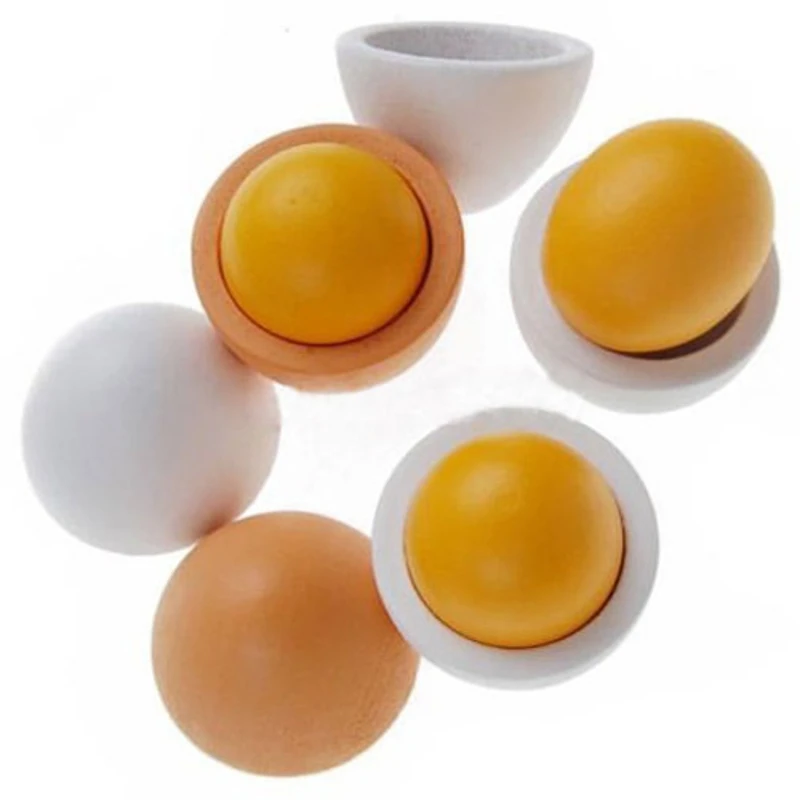 Small birds do not get sick with salmonellosis. Quail egg yolk is preferable for babies to try first, it is practically non-allergenic. Then you can alternate tricks.
Small birds do not get sick with salmonellosis. Quail egg yolk is preferable for babies to try first, it is practically non-allergenic. Then you can alternate tricks.
The second portion can already be increased to a small piece, the third to 1/4 of the product. If you decide to offer your baby a quail yolk, then the first portion is also a small piece (about 1/4), then half. A month later, the portion increases to 1/2 chicken yolk or a whole quail. From about 12 months old, you can introduce your baby to egg white.
Often the allergy appears on the second day, we skip it. Signs of reaction to the introduced product:
- puffiness;
- reddening of the skin surface;
- coryza;
- tearing;
- stool change.
We noticed one of the described phenomena - it is better to postpone the introduction of unfamiliar food. The newborn feels well, which means that we double the next dose of complementary foods. We bring the size of the proposed piece to half.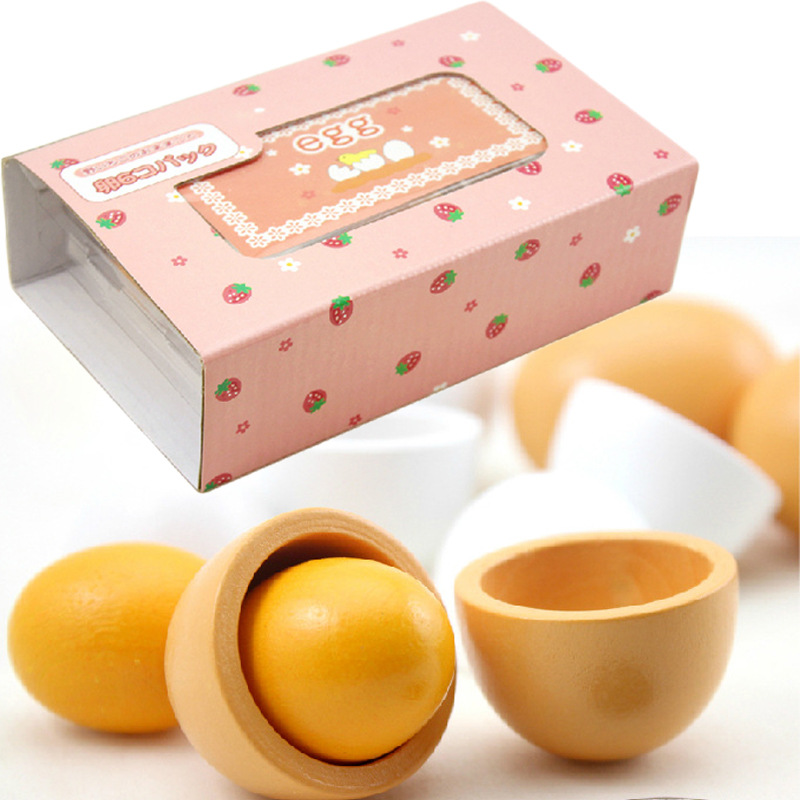 The recommended amount up to one year of age does not change.
The recommended amount up to one year of age does not change.
How to give the yolk if the capricious baby did not like the introduced egg product? You can’t push it by force, it will have the opposite effect. It is worth adding the pounded mass to other liquid foods or try later (after 7-10 days).
It is enough to offer this complementary food to the baby 2-3 times a week. A tiny 7-8 month old baby will not digest frequent portions well. Excess load on the digestive tract is harmful, increased accumulation of allergenic particles will provoke a serious reaction.
Important points
The essential amino acids of eggs are destroyed after a week of storage, the dietary properties of the yolk are lost.
It is not possible to increase the recommended rates of the input product. Egg yolk contains 23% fat, the baby's organs will be overloaded, the general well-being will worsen.
Checking eggs for freshness: put them in cold water.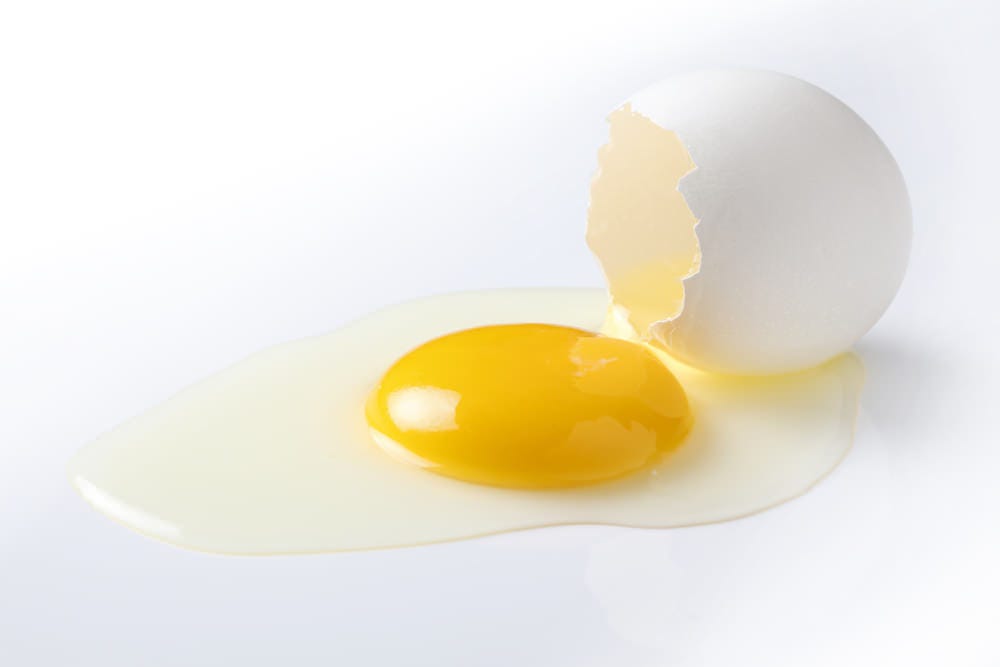 If it drowned - fresh, lingered on the surface - the specimen is more than 7 days old, floats - you can’t eat.
If it drowned - fresh, lingered on the surface - the specimen is more than 7 days old, floats - you can’t eat.
If the doctor attending the baby allows complementary foods, you can safely give the yolk of a chicken or quail egg. The main thing is to be careful, you can not overfeed a tender child. Otherwise, problems of the stomach, manifestations of allergies are provided. Even a small part of the egg product, assimilated by the crumbs, will bring tangible benefits to the fragile body.
age, how to cook, how much to give . Dear Ya
The yolk is one of the foods that is given to the child in small quantities. It is a source of nutrients and vitamins. The yolk will relieve the children's body of iron deficiency, prevent rickets and contribute to normal growth and development. It is necessary to carry out complementary foods with this product correctly. Many mothers are interested in how to introduce the yolk into complementary foods for a child. The article will discuss the rules for introducing the product, the age of the baby and other features.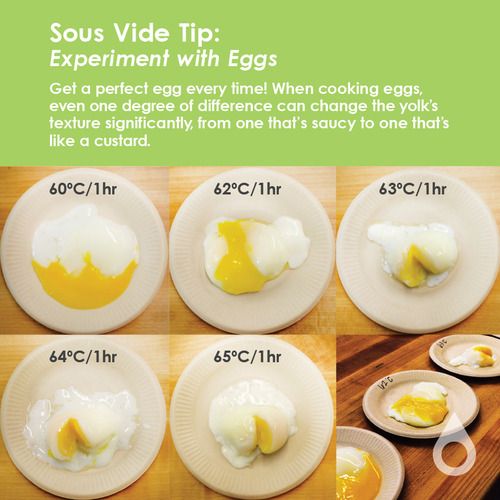
Benefits of the yolk
Egg yolk contains a lot of useful substances and vitamins. It is absorbed much better than protein. The latter is allowed to be given to a child after a year.
The yolk in baby food has a positive effect on the body, due to its composition:
- Vitamin A. It has a positive effect on vision, increases the body's resistance, promotes hair growth.
- Vitamins of group B. Strengthen the nervous system, normalize metabolism and blood sugar levels.
- Vitamin D. Synthesized in the body through exposure to sunlight. Promotes the formation of the skeleton and prevents the development of rickets.
- Vitamin E. Improves tissue regeneration by increasing blood clotting.
- Lecithin. It is necessary for the transport of nutrients to various human organs; liver and brain cells are formed from it.
The yolk also contains many minerals (iodine, phosphorus, iron and potassium).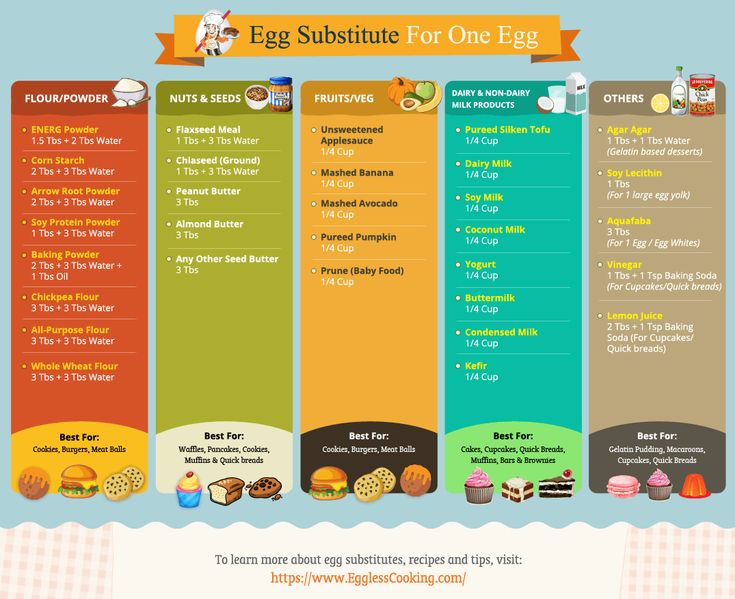 They are especially important for strengthening the nervous, immune and circulatory systems.
They are especially important for strengthening the nervous, immune and circulatory systems.
All these substances are necessary for the rapidly growing body of the baby, especially in the first year of his life.
Age for yolk introduction
Egg yolk contains cholesterol and fat, so it is quite a heavy product, especially for the baby's immature digestive system. It should not be given before six months. Such a load on the child's body can become unbearable. After eating the yolk, indigestion, rashes, abdominal pain, vomiting, or allergies sometimes occur. The latter can be of particular concern to parents.
If the baby has an allergy to medicines or food, then the introduction of complementary foods with yolk should be carried out after 10 months. In this case, heredity is of great importance. If one of the parents has yolk intolerance, then the period of its introduction is postponed up to a year. In this situation, the benefit of the product does not justify the risk.
After the introduction of the yolk into the diet, you can proceed to the inclusion of protein in the food.
There are WHO guidelines according to which the yolk is injected:
- breastfeeding after 8 months;
- with artificial - 7 months.
Older generations who have raised their children in different environments will advise starting complementary foods at 3-4 months of age. However, at this age, there are no enzymes in the baby's stomach that will help him digest such heavy food. This can lead to serious diseases of the gastrointestinal tract.
Which eggs to choose
More chicken, quail eggs have always been considered the best. They contain a large amount of nutrients. The product is more often used for the treatment or prevention of various diseases (gastritis). Quail eggs are easily digested by the body. Unlike goose and duck, they can be introduced into the diet in the first year of life.
Egg yolk complementary foods should be started after 6 months.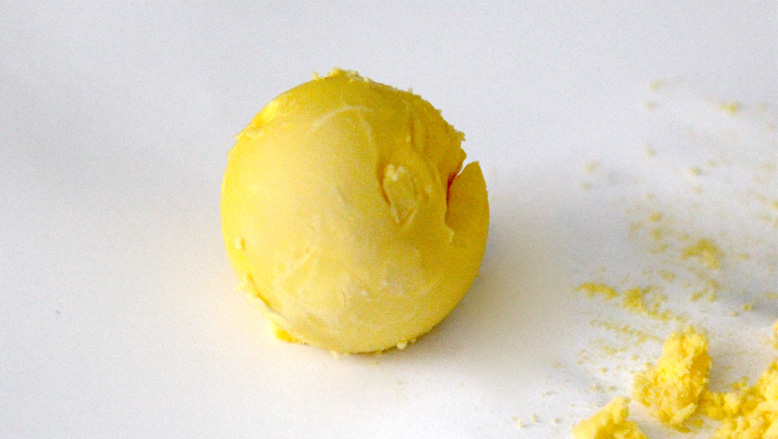 The quality of the product matters. If you choose between quail or chicken eggs, it is best to purchase fresh ones. Children should be fed a product that is no more than 8-10 days old.
The quality of the product matters. If you choose between quail or chicken eggs, it is best to purchase fresh ones. Children should be fed a product that is no more than 8-10 days old.
If we consider factory or domestic eggs, then this does not make a fundamental difference. The color of the latter can be saturated due to the varied diet of the bird. The composition of the eggs is similar. If there is no confidence in the quality of a homemade product, it is best to use a factory one.
Features of preparation
Many mothers are interested in how to properly introduce the yolk into baby food. The product is thoroughly washed with soap before cooking. Ideally, this should be done after the eggs appear in the house. On the shell is a mass of pathogenic microorganisms, including salmonella. It is because of this that eggs must be cooked, especially before preparing them for a child. Children should not be given a product cooked “in a bag”, soft-boiled, and even more so raw.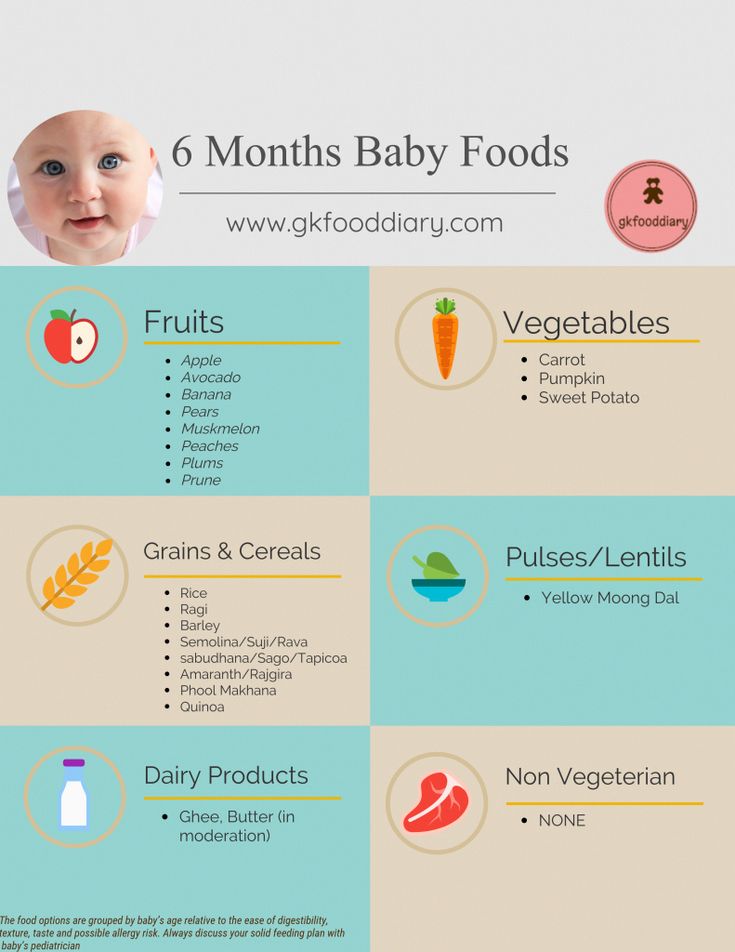
Boil eggs for 10 minutes after boiling. Large ones should be processed for at least 12-13 minutes. It is enough to cook quail eggs for 5 minutes.
After cooking, they are placed in cold water to make it easier to remove the shell. Next, the protein is removed, and the yolk is used to feed the child into the diet. It should not be stored for more than 2 hours at room temperature.
Age norms
Many mothers are interested in how to introduce the yolk into complementary foods for a child and in what quantity. If a chicken egg is used as complementary food, then the first portion for the baby is 1/5 of it. On average, the yolk weighs 18-20 g, so the child is allowed to eat about 3-4 g. If there are no kitchen scales, then mothers determine by eye.
If a quail egg is used for feeding, then 1/4 part is enough. The complementary feeding scheme is as follows:
- initially - 1/5 part;
- again - 1/4;
- third time - 1/3;
- further and up to a year - 1/2.
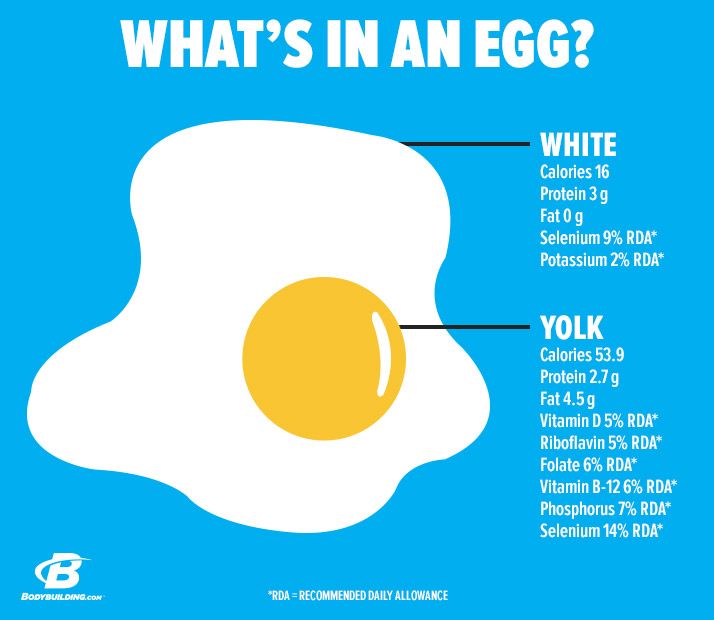
Yolk should not be included in a child's daily diet. It must be introduced into food gradually. As soon as the body gets used to the new food, and there are no negative reactions, the yolk can be given to the baby every other day.
With what and when to give the yolk
Usually, the yolk is introduced into the child's diet in the morning, so that parents have the opportunity to check the baby's reaction to a new product. This should take place at breakfast. It is important that no other new food is included in the diet on this day.
Pure egg yolk is not recommended. It must be properly included in the diet. In the early stages, the yolk must be diluted with breast milk or formula. These products should not be new to the baby's body.
How to feed yolk? Here are the main recommendations:
- The recommended amount of yolk must be separated. Mix thoroughly with a fork or spoon.
- Gradually add milk to the yolk.
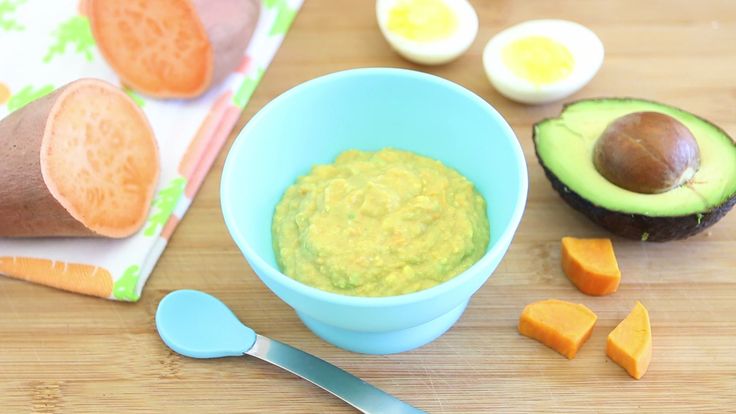 You shouldn't pour too much. The baby can simply refuse a large portion.
You shouldn't pour too much. The baby can simply refuse a large portion. - Stir the mass until smooth. The result should be a mixture that resembles a fruit or vegetable puree in consistency.
- The new product is best given to your baby in the morning before meals.
- Then supplement with main course, milk or formula.
Pure yolk is not recommended, because many babies are wary of new tastes. So you can quickly introduce it into the diet.
If the baby does not like the yolk, then there is nothing to worry about. You can try again after a few days. Perhaps she will be more successful.
If the child's body has taken the yolk, and its amount has grown to 1/2 part, then it can be added to various dishes. It is important that they are fresh and warm. The portion of the dish should not be large. Otherwise, food with the remnants of the yolk will remain on the plate.
The product can be added both to the first and second courses, milk, kefir. Sometimes children do not refuse fruit or berry purees, which also go well with the yolk.
Sometimes children do not refuse fruit or berry purees, which also go well with the yolk.
Allergy to yolk
Egg yolk is less allergenic than egg white. However, it can also have a negative reaction. It usually shows up the next morning. In rare cases, allergy symptoms may accumulate and the first signs appear after a few days.
It was previously believed that the yolk of a quail egg is hypoallergenic, but this opinion of experts turned out to be erroneous. Reactions to them are not uncommon.
Allergy manifests as follows:
- redness of the cheeks and buttocks;
- rash and itching on the body;
- abdominal pain, so the child cries and is nervous.
Allergy symptoms may be one or more. Even a slight reddening of the baby's cheeks should alert parents. In this situation, the yolk is best administered after 5-6 days, while carefully monitoring the condition of the skin. If the rash and redness have resumed, then the introduction of the yolk into the diet is postponed for several months, and it is best to do this after a year.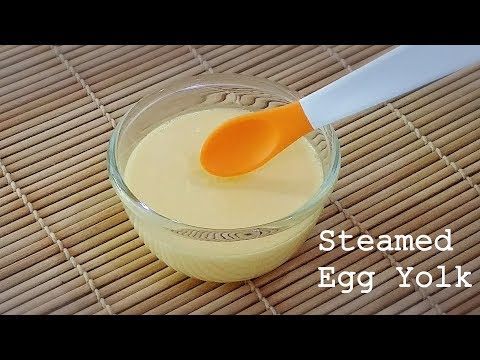
Advice from a renowned pediatrician
When should egg yolk be included in baby food? Komarovsky advises including the product in the diet after the baby is 8 months old.
A well-known pediatrician suggests starting complementary foods when the child's body is ready. Be sure to enter the products in order of priority. Adaptation to the yolk is assessed within a week. During this period, parents need to monitor the health of the baby. There should be no signs of allergy in the form of a rash and redness.
The first portion of the yolk is the minimum amount. If the baby's body normally perceives the product, then gradually increase the dose. Within 7-10 days, the baby can be given 1/2 yolk. It is allowed to add it to the first and second courses, vegetable and fruit purees.
Conclusion
Egg yolk is an important part of a complete infant diet. It is necessary for the successful growth and development of the child. However, introducing the yolk too early in the diet can cause health problems.